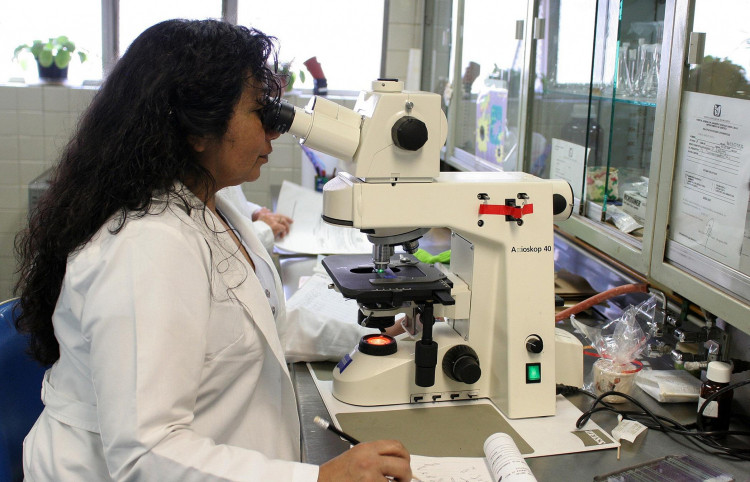Illumina Inc. and Pacific Biosciences Inc. scrapped their planned $1.2 billion deal after last month's U.S. antitrust enforcers moved to block the DNA-sequencing companies' merger.
After being announced in November 2018, the transaction had been on hold for more than a year. But law enforcement in the U.S. and the U.K. had pushed back against the partnership, and the U.S. Federal Trade Commission filed a complaint last month to block it.
Considering the lengthy regulatory approval process, the parties decided that the best course of action was to terminate the agreement, Illumina and Pacific Biosciences disclosed on Thursday in a joint statement.
All companies make DNA sequencing devices, a fast-growing biotechnology and medical segment driven by demand from pharmaceutical manufacturers, hospitals and research institutions. Illumina is paying a termination fee of $98 million to Pacific Biosciences.
Stocks of the Menlo Park, California-headquartered Pacific Biosciences shot up 3.5 percent to $5.34 a share in New York trading after the markets closed; the stock traded well below the $8-a-share value of the offer. Shares of Illumina remain unchanged.
In a statement released early Thursday, Gail Levine, deputy director of the Competition Bureau of the FTC, said calling off the agreement would create "a more competitive market."
According to Levine, the deal threatens to allow "a monopolist firm put an end to nascent competition in a developing healthcare landscape."
Customers across the U.S. and around the world will now continue to benefit from these companies' independent creative efforts to develop safer and less costly DNA sequencing technologies for the coming years, Levine said.
Her remarks echoed statements when the commission tried to block the transaction in December. And Illumina said while considering her options, she will keep working to get the deal through.
A recent Morningstar Inc. report bared that Illumina dominates more than 70 percent of the human genome sequencing market. The DNA sequencing machines include top of the line sequencing hardware that can cost up to $1 million each and are used in drug discovery, medicine, biological science and consumer testing.
The software used by Pacific Biosciences features a type of technology that can read large stretches of DNA with a high degree of accuracy.
Unlike devices used by Illumina, it can interpret certain diagnosis that is especially difficult to analyze. Illumina said the takeover could help reduce the cost of long-read sequencing from $12,000 to $1,000 when the deal was announced.






